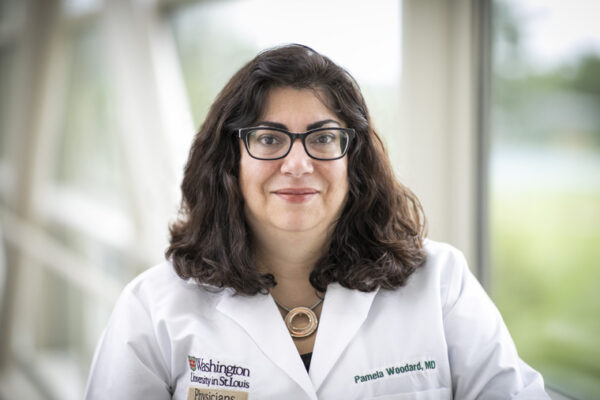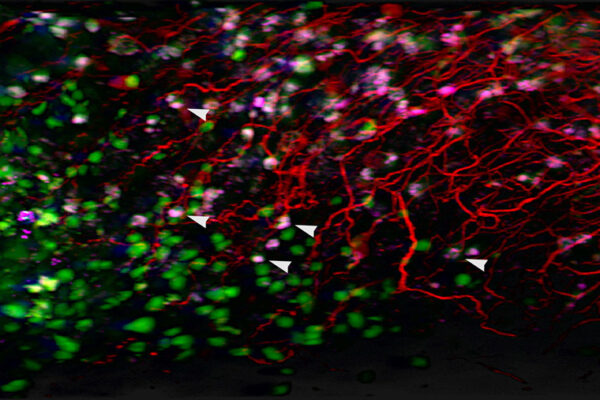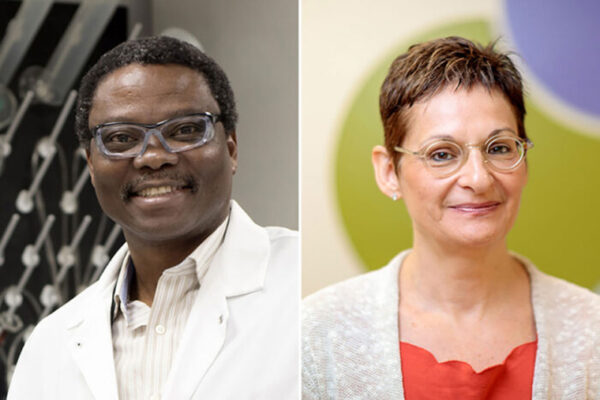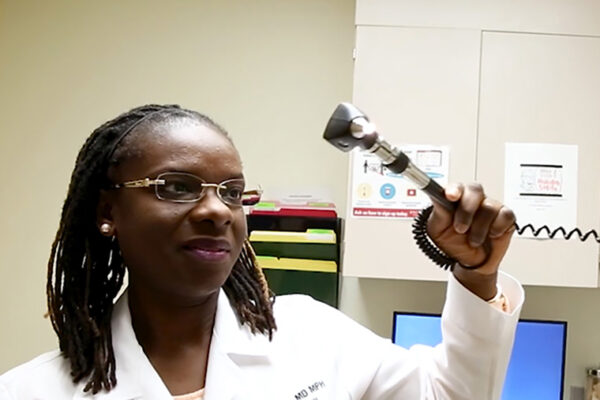Hookworms have potential to protect soldiers from chemical, biological weapons
Researchers at Washington University School of Medicine have received a grant to develop the next generation of personal protective equipment for combat troops, harnessing the genetics of hookworms.
Woodard named outstanding researcher by radiology society
Pamela K. Woodard, MD, the Hugh Monroe Wilson Professor of Radiology at Washington University School of Medicine, has been named the 2021 Outstanding Researcher by the Radiological Society of North America.
Older people’s resilience during pandemic focus of $9 million grant
The National Institute on Aging of the National Institutes of Health (NIH) has awarded researchers at Washington University School of Medicine a five-year $9.1 million grant to study resilience in older adults before and during the COVID-19 pandemic, as well as the pandemic’s cognitive and emotional effects on older adults.
Merck Foundation to fund professorships for early-career physician-scientists
Merck Foundation has made a $2 million commitment to Washington University School of Medicine in St. Louis to establish two endowed assistant professorships supporting early-career physician-scientists from populations that are historically underrepresented in medicine and biomedical sciences.
$7.5 million to study elusive cell type important in aging, cancer, other diseases
Washington University School of Medicine in St. Louis has joined the NIH’s SenNet, a national research network focused on understanding senescent cells, an elusive but important cell type that plays key roles in the diseases of aging.
Psychotic experiences in children predict genetic risk for mental disorders
New research from Washington University suggests that psychotic-like experiences in children may predict risk for mental illness.
Hit the sleep ‘sweet spot’ to keep brain sharp
Older adults who sleep short or long experienced greater cognitive decline than those who sleep a moderate amount, even when the effects of early Alzheimer’s disease were taken into account, according to a study by researchers at Washington University School of Medicine.
Environmental injustice, population density and the spread of COVID-19 in minority communities
Research from the lab of Rajan Chakrabarty at the McKelvey School of Engineering connects environmental injustice to the spread of COVID-19 in communities with high minority populations.
Achilefu, Luby elected to National Academy of Medicine
Medical imaging scientist Samuel Achilefu and child psychiatrist Joan L. Luby, MD, both of Washington University School of Medicine, have been elected to the National Academy of Medicine, one of the highest honors in health and medicine.
African American breast cancer patients less likely to receive genetic counseling, testing
Researchers at Washington University School of Medicine have surveyed cancer doctors to identify differences in physician attitudes and beliefs that may contribute to a gap in referrals to genetic counseling and testing between Black women and white women with breast cancer.
Older Stories









